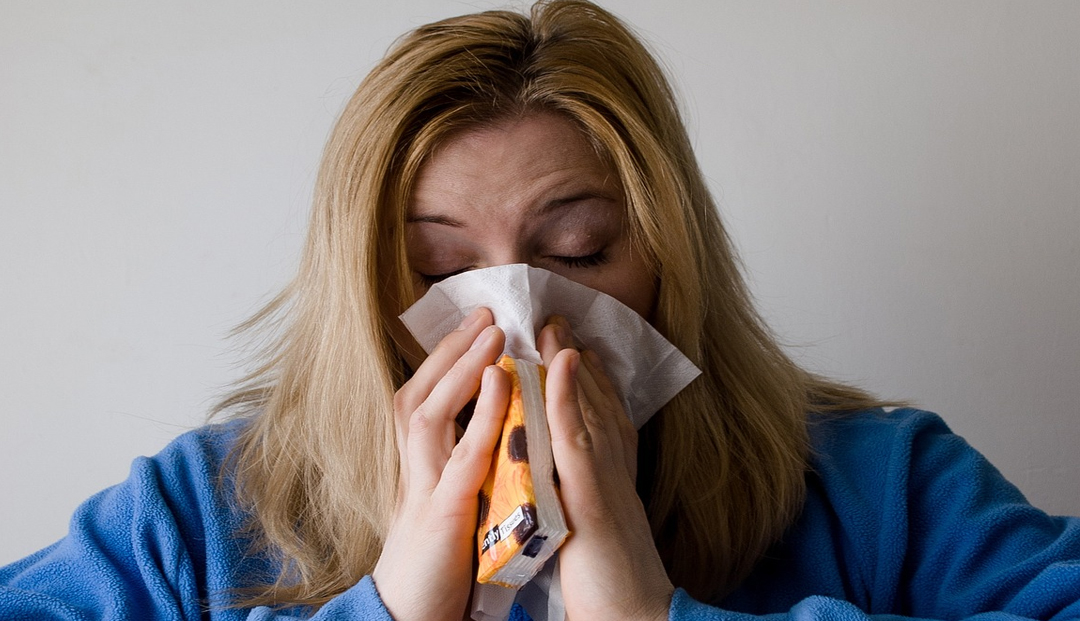By – Dr. Pranesh Raman (MBBS, IGIMS Patna)
The flu season is an annual occurrence that affects millions of people worldwide. It is a highly contagious viral infection that can cause severe illness and even death, especially in vulnerable populations such as young children, older adults, and people with compromised immune systems. As such, it is crucial to take the necessary precautions to protect yourself and your loved ones from the flu.
What is the Flu?
The flu, which is also known as influenza, is a respiratory illness caused by the influenza virus. It spreads through respiratory droplets when an infected person coughs; sneezes, or talks, and others inhale the droplets. The flu can cause mild to severe illness and can lead to complications such as pneumonia, bronchitis, and sinus infections. Symptoms of the flu include fever, chills, cough, sore throat, body aches, fatigue, and sometimes vomiting and diarrhea.
When is Flu Season?
Flu season typically occurs during the fall and winter months, from October to March, with the peak of the season usually occurring in December and February. However, it is important to note that the flu virus can still circulate outside of these months, and it is always possible to get the flu year-round.
What is H3N2?
H3N2 is a subtype of Influenza that is spreading nowadays through droplets, which means that the secretions can spread from person to person. It’s important to note that most people touch their nose and mouth instantaneously, which is why these secretions can remain on their fingers. When they shake hands with other people, they can easily pass on the virus. The most common symptoms of H3N2 include fever, cough, runny nose, body pain, and, in some cases, even loose stools and vomiting. In severe cases, people may also experience breathlessness or wheezing, including pneumonia. It’s important to avoid self-medication and taking antibiotics as over-the-counter antibiotics are not effective against viral infections like influenza or COVID-19. Antibiotics are designed to goal and kill bacteria, now no longer viruses. There is increasing antibiotic resistance among the population, which is alarming.
How to Prevent the Flu?
A nice manner to save you from the flu is to get vaccinated. The flu vaccine is a safe and effective way to protect yourself from the flu and reduce the risk of severe illness, hospitalization, and death. The vaccine is recommended for everyone six months of age and older, including pregnant women and people with underlying medical conditions.
In addition to getting vaccinated, you can take other measures to prevent the spread of the flu. These include:
• Washing your palms regularly with cleaning soap and water or the usage of an alcohol-primarily based totally hand sanitizer.
• While coughing or sneezing cover your nose and mouth with a tissue or your elbow.
• Avoiding close contact with sick people.
• Staying home if you are sick.
• Disinfecting frequently touched surfaces, such as doorknobs, light switches, and countertops.
Who is at High Risk of Complications from the Flu?
While anyone can get the flu, certain populations are at higher risk of complications, including:
• Young children under five years of age, especially those under two years old.
• Older adults, especially those over 65 years of age.
• Pregnant women.
• People with underlying medical conditions such as asthma, diabetes, heart disease, and weakened immune systems.
H3N2 Influenza: New RT-qPCR Kit To Detect Influenza, Covid-19 And RSV Gets Approval From ICMR | ALSO READ
How to Treat the Flu?
If you do get the flu, there are several things you can do to treat the symptoms and feel better. These include:
• Getting plenty of rest.
• Drinking fluids to stay hydrated.
• Taking over-the-counter antipyretics such as acetaminophen (paracetamol) to relieve fever, body aches, and headaches.
• Using a humidifier or taking a steamy shower to relieve congestion and body ache.
• Avoiding alcohol and tobacco, which can worsen flu symptoms.
The remedy of H3N2 and different flu-like infections is typically primarily based totally on symptoms. Antipyretics are commonly used to reduce fever, but not without the consultation of a doctor as higher doses of Paracetamol can lead to acute liver failure. Vaccines are effective for healthy individuals, and vaccination is especially important for people at high risk of influenza complications and people with comorbidity. It’s also important to note that fruits like citrus can boost your immunity. It’s important to avoid spicy food during a fever as it leads to gastric irritation. Staying hydrated is also essential, and it’s best to avoid excessive transfat.











